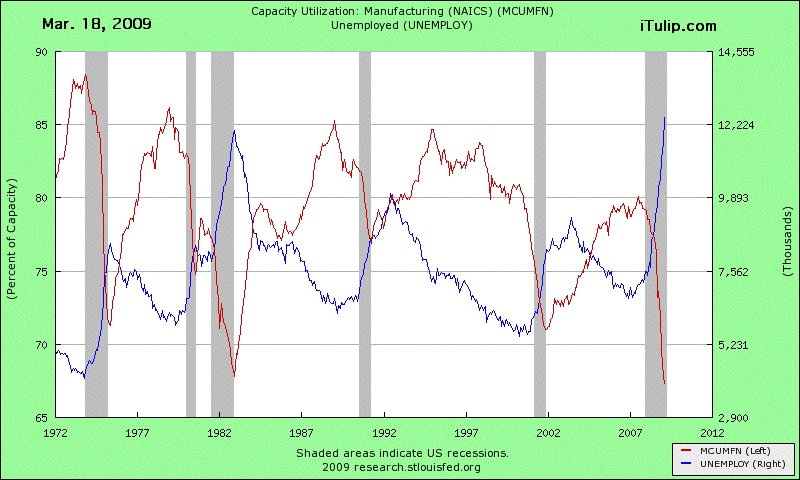Re: Who stole my cheesy economy? - Eric Janszen
When before WWII? For most of the inter-war period after WWI, France was stronger in terms of manpower and equipment. (The fact that they got rolled by Germany had to do with the disposition of their forces and the doctrine of their employment, rather than numerical or technical weakness.)
Originally posted by nero3
View Post


Comment